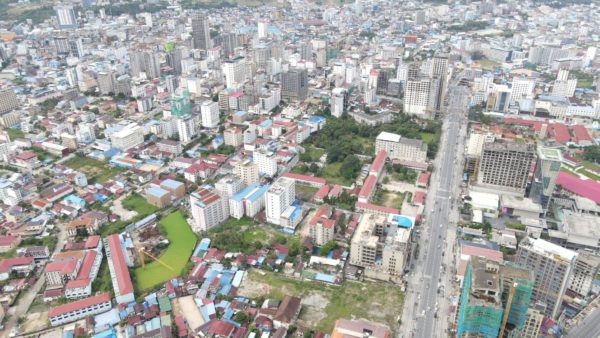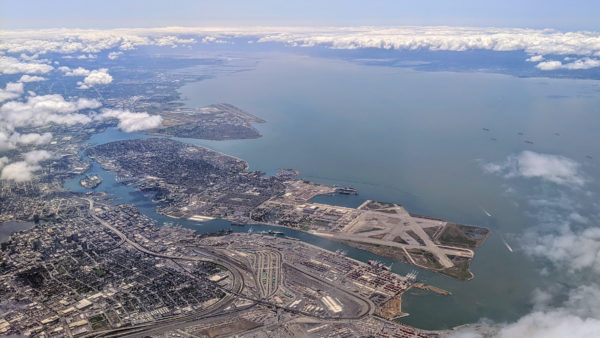When a team of anti-corruption activists looked into a major bridge project in Guatemala, they found irregularities and project information being kept from public view. So they told the government about it, and the US$4.4m contract was annulled.
Such is the potential power of a new initiative, called "CoST", which is supported by FIDIC, the World Bank, and other influential bodies to promote transparency in construction procurement around the world.
CoST, short for the Construction Sector Transparency Initiative, was launched in October 2012 following a three-year, UK-funded pilot project in which teams, working with government agencies, gathered and disclosed information about more than 200 public construction projects in eight countries*.
The organisations behind the initiative include the World Bank, the International Federation of Consulting Engineers (FIDIC), the ONE Campaign and the Institution of Civil Engineers (ICE).
The programme promotes public disclosure of project information for 31 indicators that track all the stages of the project cycle. An "assurance team" verifies the information and records findings in easily understandable language.
In Guatemala the team examined a project for the design and reconstruction of the Belize Bridge in Guatemala City, first opened in 1959. The US$4.4m project, authorised by the infrastructure ministry and administered by the General Roads Directorate, was for reinforcing the bridge and adding capacity for traffic.

CoST promotes public disclosure of 31 indicators tracking all stages of the project cycle
According to the CoST project report, the team visited the site in July 2011. Contracts for the main works and for supervision had been awarded without competition – the reason given being that Tropical Storm Agatha, which hit Guatemala more than a year before in May 2010, had created an emergency situation that superseded normal procurement rules.
In July the team found that work hadn’t started yet, nor had the construction firm submitted a proposal for the reinforcement work. The firm was, however, waiting for an initial payment.
By 31 October 2011, the team found that the General Roads Directorate had disclosed only 55% of the project information CoST felt it should have disclosed by that point.
The team concluded that there was no reason to have procured the work under emergency procedures, that the construction firm was in breach of contract because it hadn’t started work within the specified time, and that neither the ministry nor the roads directorate were doing anything about the situation.
The government listened. President Ãlvaro Colom had launched the CoST programme in November 2010. The vice president, Roxane Baldetti, was a vocal CoST supporter.
The contract was annulled.
"Annual losses in global construction through mismanagement, inefficiency and corruption could reach US$2.5 trillion by 2020," says Christiaan Poortman, Chairman of CoST’s Interim Board. "CoST can help reduce these losses, which pose a threat to the positive social outcomes that good infrastructure can bring."
"The public must be armed with the information they need to hold decision makers to account," Poortman added.
In Ethiopia a CoST team looked at a road project and found it was set to be the most expensive stretch of highway in Ethiopian history. The cost estimate at the design stage was 26m birr per km, while the feasibility study had made a cost estimate of 7m birr.
The media took up the story and the Ethiopian Roads Authority sought an alternative design, which led to an estimated cost saving of 40m birr, or US$2.35m, the cost of a new hospital in Ethiopia.
CoST says three more countries are expected to join the programme in the coming year, with South Africa and Mexico being the latest to express interest.
The pilot was funded by the UK’s Department for International Development (DFID), and concluded in March 2011, with Guatemala’s pilot activities continuing through to November 2011.
More information at www.constructiontransparency.org
* The eight countries who piloted CoST were: Ethiopia, Guatemala, Malawi, Philippines, Tanzania, United Kingdom, Vietnam, Zambia










